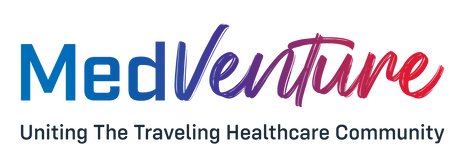 Four years ago, I decided to take the leap into the world of traveling as a healthcare professional. I was scared, nervous, and constantly anxious at how my life would play out with so many uncertainties. I wasn't worried about starting at a new hospital or uprooting my life, my true fear was being alone in a new city without any friends.............
0 Comments
The process of downsizing can be daunting and overwhelming. You may be asking yourself: How do I even get started? What do I keep and what do I give away or donate? What happens to my keepsakes and personal items?
This blog is how my husband Jacob and I downsized from our 3,000 square foot home to a 25 foot travel trailer...  Whether you are browsing or getting ready to embark on your first traveling healthcare assignment, you need to stay organized and be prepared. Luckily, there are some things you can do to help make the process much smoother and an easier transition. Since I had to learn some things the hard way, I’ll share all of the nitty, gritty details so that you can learn from my experiences. Hopefully, I’ll be able to ease your fears by clearing up any misconceptions you may have. Gain the Experience First thing is first – you’ll want to gain clinical experience. You’ll need to obtain at least 1-2 years of experience in your specialty or field of expertise. If you will be working in a specialized unit, such as Labor and Delivery or ICU, some travel hospitals may require you to have even more experience before traveling. I was listening to a podcast the other day that discussed why we compare ourselves to other people. The message reminded me of a conversation I’ve had over and over again with a few of my fellow travelers. Sometimes it can be hard not to compare our lives to others around us, especially those we grew up with. Most traveling healthcare workers have a life that looks “different” from other people. People in our hometowns are settling down, getting married, and having kids. Not saying some of us travelers aren’t doing that, but the majority aren’t and if they are it doesn’t “look the same” as people who are more stationary. Their timeline isn’t your timeline.
Oahu island is known as the "Gathering Place" for good reason, most of Hawaii’s population lives here and has the most visitors than any other island. Even residents on the neighbor islands love to hop over for a weekend trip on this busy and plentiful island. Honolulu, Waikiki, Pearl Harbor, North Shore are all iconic places you have heard of before. But if you have traveled to Hawaii you know it is more than just movie sets, beaches and Mai Tais. Hawaii has a rich culture as well as a tumultuous history.....
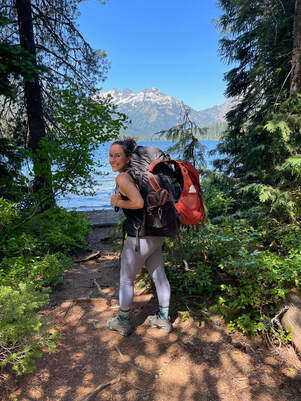 Travel nursing is full of transitions. Technically, I have the ability to up and move every four- thirteen weeks. This could be some version of crazy to “9 to 5’ers,” as my nursing friends and I fondly call those in corporate America. The minute I feel settled, it’s time to pack my bags and move on to the next city. But for me, this is what drew me to the job. The thought of moving wasn’t a source of stress but excitement. So many doors were about to open. I could explore new corners of the country, meet new people, and get paid all at the same time! As the dream started becoming more of a reality…I had enough years of experience under my belt and was feeling ready to leave New York City…the finer details came into view. The actual tasks of getting an assignment, packing my bags, finding housing, saying goodbyes, and starting a new job in a new city with minimal orientation were just a few. And with two, six month assignments under my belt and a couple months of “fun-employment” as I lovingly call the time between contracts, I’ve had sufficient time to look back on my experiences so far. 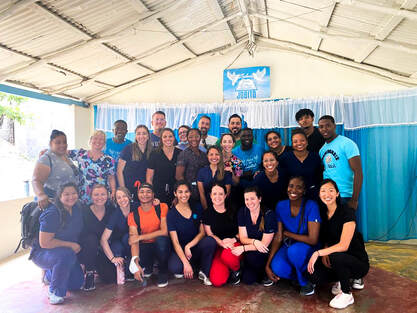 Over the past several years I had always talked about participating in a medical mission trip, but to be honest I had no clue where to start my search for an organization that felt like a good fit for my skill set. That brings me to this past December when I came across The 4North Project and their Stronger Together trip in collaboration with Medventure and Travel Nurse Takeover. I followed along on instagram throughout the duration of their initial trip to get an idea of the community they were serving, the care they were providing and to determine if this might be the trip I had been searching for. When they announced their trips for this past May, it just so happened to fall perfectly between contracts and my gut told me that I had to get involved. After not much of a personal debate at all I decided to sign up for the second week, and lets just say I was so incredibly glad I did............  It didn’t take long for San Diego to feel like home and I hope sharing a few of my favorite spots and activities can make it feel like home to you as well, no matter how long you intend to stay. After living here for almost 6 months, I feel I have only scratched the surface of all San Diego has to offer. There are limitless activities from beaches, hiking, bars, and delicious food, you are sure to find something you enjoy. Beaches: Pacific beach is a perfect place to go if you want to hang out on the beach and have access to happy hour/food just steps away. It’s usually more crowded than some of the other beach spots but it’s accessibility to local bars This post was originally published on (7/22/2021) and updated on (11/1/2022).
Isn’t it funny that you’re a healthcare professional and yet the chances of you knowing how people are able to pay for their healthcare costs are slim-to-none? Well you are in the majority there my friend, no one really understands insurance unless they are required to for a living. Allow me to introduce myself- your insurance guide/advisor/expert, Parita Patel. If you asked me 2 years ago about how my insurance worked, I would’ve stared at you and shrugged my shoulders immediately. And the last thing I thought I'd do with my life is help people with their health insurance but to be honest, when you’re mostly saving people money AND getting them better protected, I’m happy to have made the career change. So here is my promise to you, by the time you’ve read this blog post you will 1) hopefully laugh at my corny jokes (or at least I spread a smile across your face) because 2) you’ll be an insurance expert! Let the knowledge drop begin! After traveling for a few years, I started noticing a trend among some travelers. Travelers would tell me they just went through a breakup, and finally decided to take the plunge into travel nursing. That was me back in the spring of 2018. I ended a toxic relationship that was holding me back from realizing my full potential. I had lived on the east coast my entire life, and my desire to travel and see more of the country was growing bigger and bigger. The person I was in a relationship with did not support my dreams and did not want me to leave. I knew in my heart there was more for me out there, so I ended the relationship and began my journey as a travel nurse.
|
Archives
October 2023
|

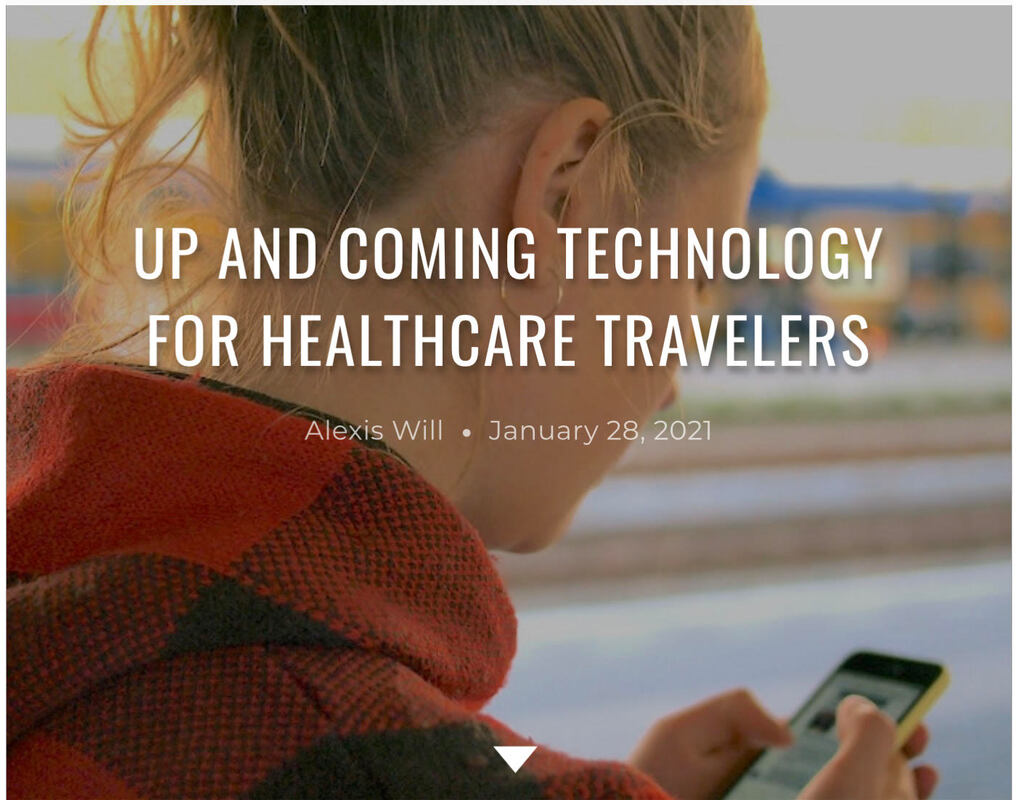

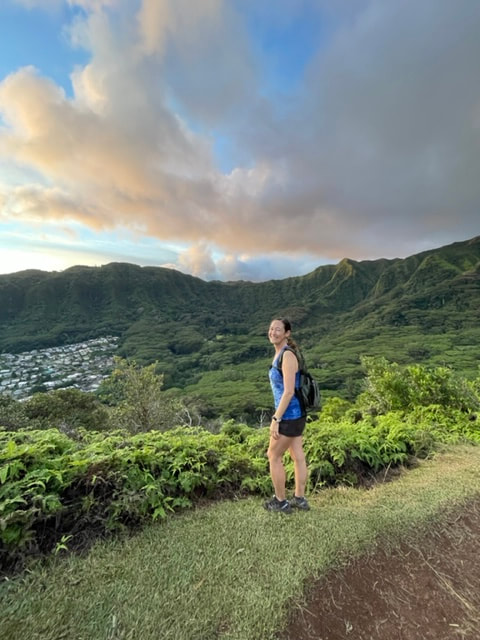
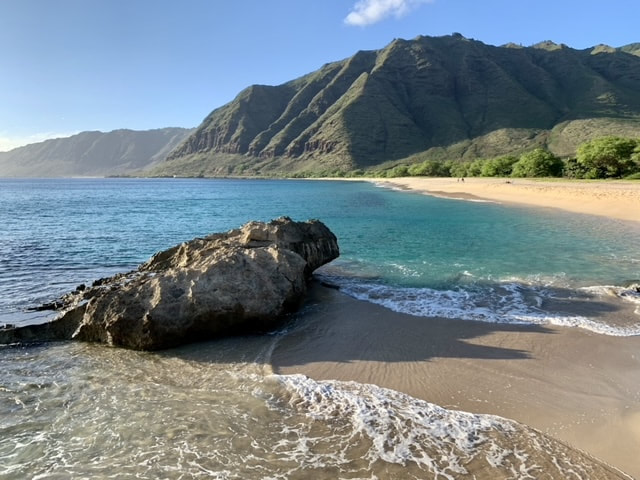

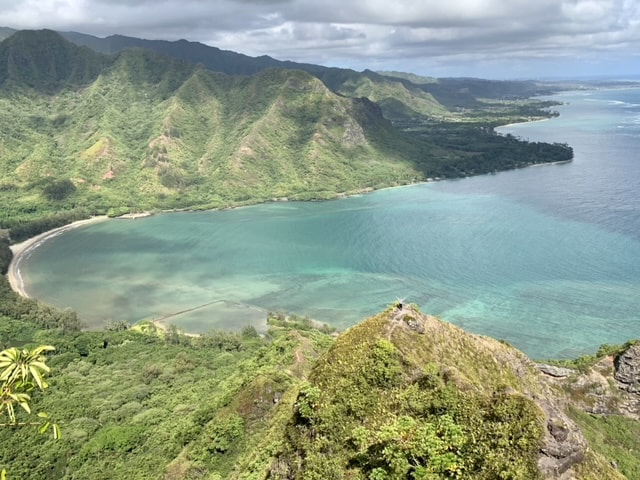
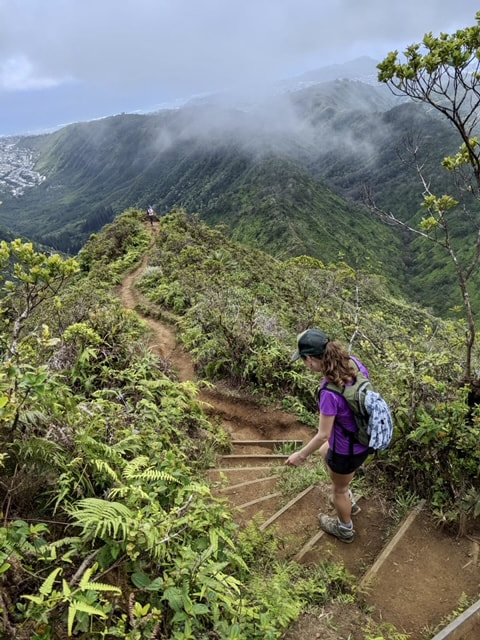

 RSS Feed
RSS Feed
